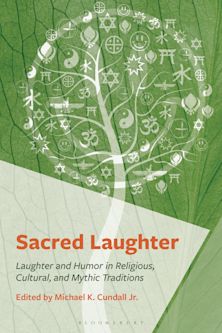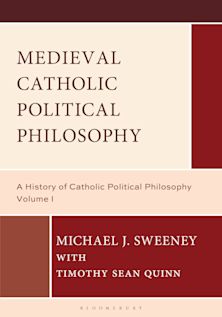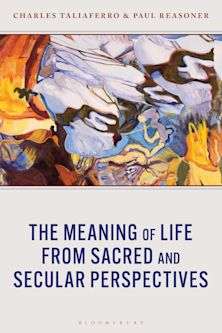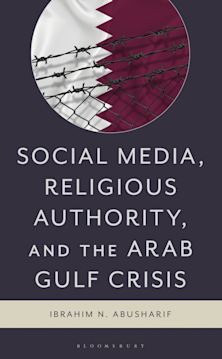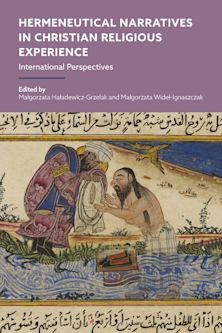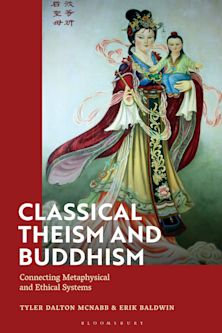- Home
- ACADEMIC
- Religious Studies
- Philosophy of Religion
- Force, Religion, and the Quest for African American Justice
Force, Religion, and the Quest for African American Justice
A Study of the Black Just War Tradition
Force, Religion, and the Quest for African American Justice
A Study of the Black Just War Tradition
You must sign in to add this item to your wishlist. Please sign in or create an account
Description
This study argues that Black calls for force in the struggle against white supremacy have echoed concepts and principles in the Western just war tradition.
After establishing that just war theory has ignored Black calls for force and that the Trans-Atlantic Slave Trade relied on just war ethics for its justification, this book turns to African American resistance rhetoric in three crucial periods of U.S. history. In the antebellum period, the Civil Rights movement, and the era of mass incarceration, African American thinkers have drawn on ideas and forms of logic that run parallel to just war ethics. This makes Black rhetoric of forceful resistance morally normal, rather than radical or extremist. Figures in the Black just war tradition such as David Walker, Henry Highland Garnet, Harriet Tubman, Huey Newton, Bree Newsome, and others should be included in the discipline of just war ethics, and white American Christians should recognize that their endorsements of force are consistent with widely accepted moral positions.
Table of Contents
1. Three Paradigms of White Just War
2. War and the Trans-Atlantic Slave Trade
3. The Antebellum Era
4. The Civil Rights Era
5. The Mass Incarceration Era
Conclusion
Bibliography
Index
Product details

| Published | 26 Jun 2025 |
|---|---|
| Format | Ebook (Epub & Mobi) |
| Edition | 1st |
| Extent | 266 |
| ISBN | 9781498549219 |
| Imprint | Bloomsbury Academic |
| Series | Religion and Race |
| Publisher | Bloomsbury Publishing |
About the contributors
Reviews
-
What are the ethical implications of considering the trans-Atlantic slave trade and its afterlives in the continuing violence of anti-Black racism as a war? Daniel A. Morris shows how asking this question shifts the frame of just war theory and poses uncomfortable yet urgent intellectual challenges. Treating Black political leaders as serious thinkers, Morris presents a surprising tradition of just war reflection that stretches from Harriet Tubman, Denmark Vesey, and David Walker to the Black Power and Black Lives Matter movements.
Vincent Lloyd, Villanova University
-
Daniel A. Morris's Force, Religion, and the Quest for African American Justice: A Study of the Black Just War Tradition is magnificent. It understands the centuries of violence against Black people and the Trans-Atlantic Slave Trade as acts of war. Morris argues the domination, enslavement, and murder of Black people in the United States and throughout the African diaspora was embedding in the very logic of white Christian Just War Theory. Contrary to liberal theory's rejection of Black militancy and armed revolt as vengeful politics, Morris shows how Black revolutionaries such as Frederick Douglass, David Walker, the Deacons of Defense, and the Black Panthers Party utilize Just War Theory to justify their use of violence against white terrorism. Morris claims Black thinkers' arguments for the use of violence against white supremacy constitute a Black Just War Tradition. Morris's prose is convincing. His analysis is sharp, but most of all, his arguments for a Black Just War Tradition feel right.
Tommy J. Curry, the University of Edinburgh

ONLINE RESOURCES
Bloomsbury Collections
This book is available on Bloomsbury Collections where your library has access.












